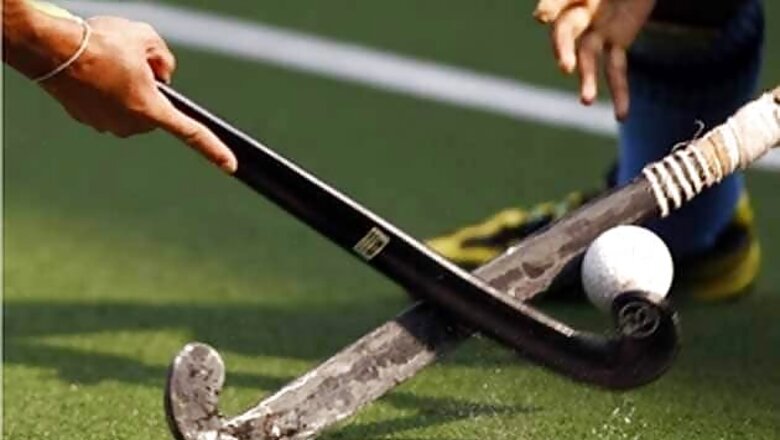
views
Mumbai: Hockey India's revolutionary rule change for the upcoming HI League in which a field goal will be counted as two could be viewed with a lot of interest by the games world body, FIH, according to Dabang Mumbai coach Jay Stacy.
"I am not sure (whether it will be seen at the international level), but I am sure they will review the rules and am sure FIH would be watching and taking great interest in how it pans out, what happens after a few matches and after the League," said the former Australia international after overseeing a training session of his team at the Mumbai Hockey Association Limited's Mahindra Stadium on Saturday.
"Everything is worth experimenting. We will see how it goes, but it should be a fine opportunity. Perhaps there will be greater emphasis on creating attacking strategies, to create field scoring opportunities.
"It will be better for fans and people watching. It could be good. But I don't really know. Could make it exciting, we have to wait to see," added the four-time Olympian, who represented his country in 321 internationals between 1987 and 2000.
In the past too some experimental rules like the four-quarter period, instead of the age-old two-halves format, was first adopted in HIL before the same was replicated by FIH at the international level.
This being the Olympic year, preceded by the FIH Champions Trophy, a suggestion that the top players could be a bit wary in getting injured, was rejected outright by the 47-year-old Melbourne resident.
"If you get worried about getting injured you have probably more chances to get injured. They are professionals and they know how to manage their body. They have played international hockey long enough to know recovery aspect, the nutrition, diet, fluids and everything to keep body in 100 per cent conditions.
"I am sure most countries treat it that way. The International matches that you are able to play is very important as part of preparation for the Olympic Games," said Stacy.
While it's difficult to say which country had the best chances in the Rio Games Hockey in August, Stacy felt 6-7 teams, including India who won a bronze in the recent World Hockey League, have the credentials.
"It's difficult to predict, six to seven teams can make it. Yes, India has got a chance. Of course in the Olympic Games you need to play some of your best hockey consistently through,. You can't afford to be up and down and dropping a match," said Stacy, who picked up a silver in 1992 Games and two bronze medals in the next two Olympics.
While regretting that one-time hockey giant Pakistan would not be seen at the Rio Games, having failed to qualify, Stacy felt the country needed to buck up to re-enter the elite field.
"It's historical, famous country for playing hockey. It's disappointing to see them miss from big tournaments. Some of the best games I have watched is India vs Pakistan, attacking free-flowing hockey and very skillful and fast. It's a bit of a shame (Pak have not qualified). They have quite a bit of work to do before they can get back."
Stacy was not willing to comment on whether the chopping and changing of coaches by Hockey India was good for the team, saying he was not in a position to comment on this.
"I am living in Australia and don't know the inside story. I can't really comment. In Australia we were lucky we had a few coaches - Terry Walsh and Frank Murray for a couple of Olympics. After an Olympic cycle or a World Cup cycle it's important to have a change. To have some innovations to keep motivation levels of the boys high and keep them learning, keep them engaged in what they aim to achieve."
The basketball style rolling substitution, the elimination of off side and the way penalty corners were taken are, perhaps, the biggest rule changes in hockey since his first Olympics in 1988 at Seoul where Australia bagged the fourth place, said Stacy.
"The three biggest interchange of the players - there used to substitutes, off side, and I think may be the way penalty corners are taken. Probably those three are the big changes, but the interchange and off side are the two biggest changes.
"The other (major) change is the no-obstruction rule, which makes it difficult for the defenders to defend, but the umpires are very well (equipped) these days, but as a spectator it's good to watch. When the new rules come out everyone tries to work out how to take advantage of that rule."
Stacy ruled out revival of the game on natural grass, joking it will suit him at his age.
"Probably not, will suit me as I am not fast," he said with a laugh.
Looking ahead to the HIL, Stacy said he wants his side Dabang Mumbai to win the title, even when reminded of the team's dismal past record of finishing 5 out of 5 teams in 2013, 5 out of 6 in 2014 and sixth and last in 2015.
"I want to win the tournament. But (poor record of DM) that s in the past and you can't look in the mirror, you have to look forward. The Indian players (in the team) are young boys who are very talented. I am learning a lot about them already.
"Both myself and my assistant Greg (Nicol of South Africa) have some philosophies about hockey. There are different players this year and there's a different coaching staff and hoping we can bring different results. Staff is working really hard."
Stacy said that former India custodian Edgar Mascarenhas acts as the in-between man to communicate what he says to the Indian boys.
"Edgar is normally here and does some translation. He's helping us a lot in that area. It's one of the challenges we face - a lot of international players mixing with Indian boys.
It's a challenge, but we have to find a solution. They are responding very well I am pleased with what they are doing so far."












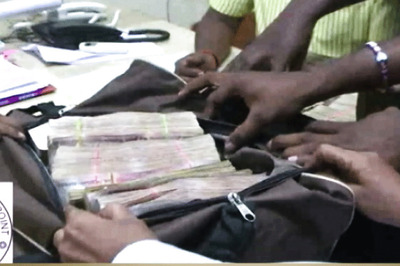

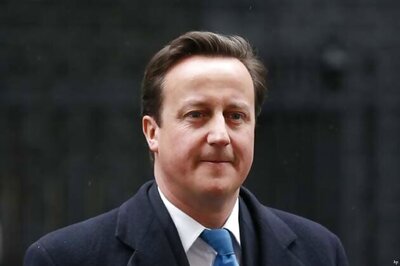
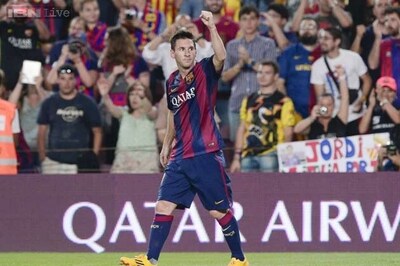
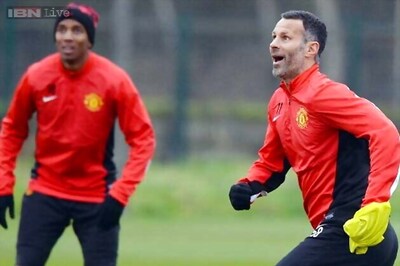
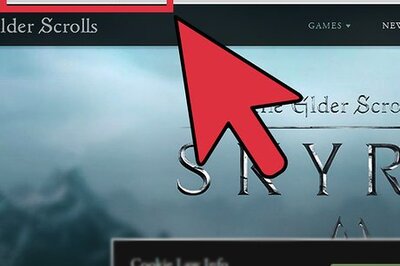
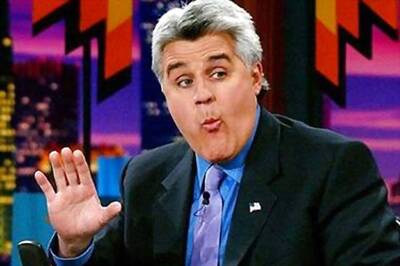
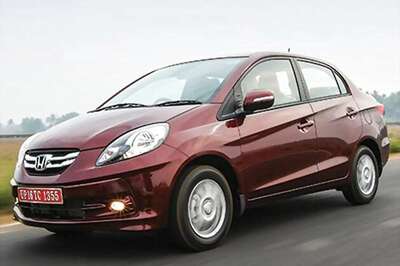
Comments
0 comment